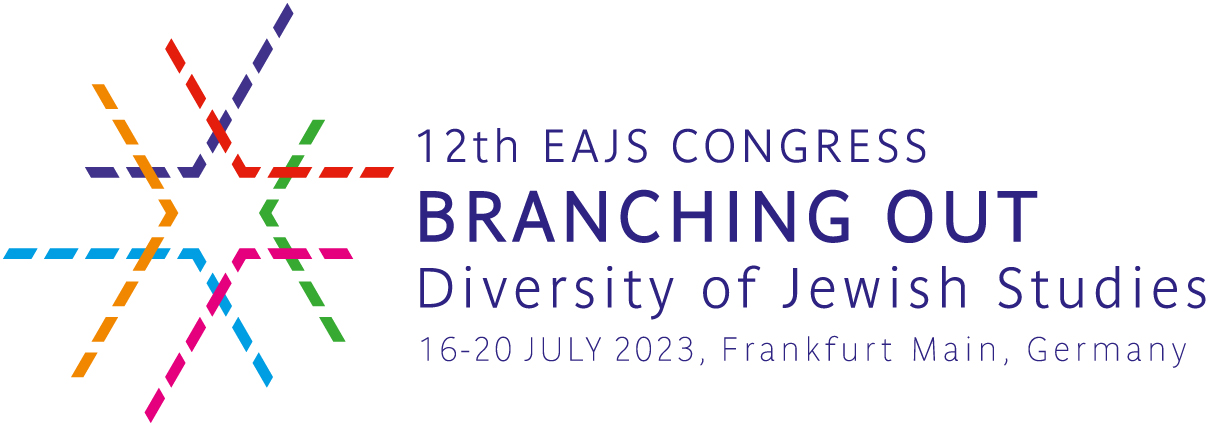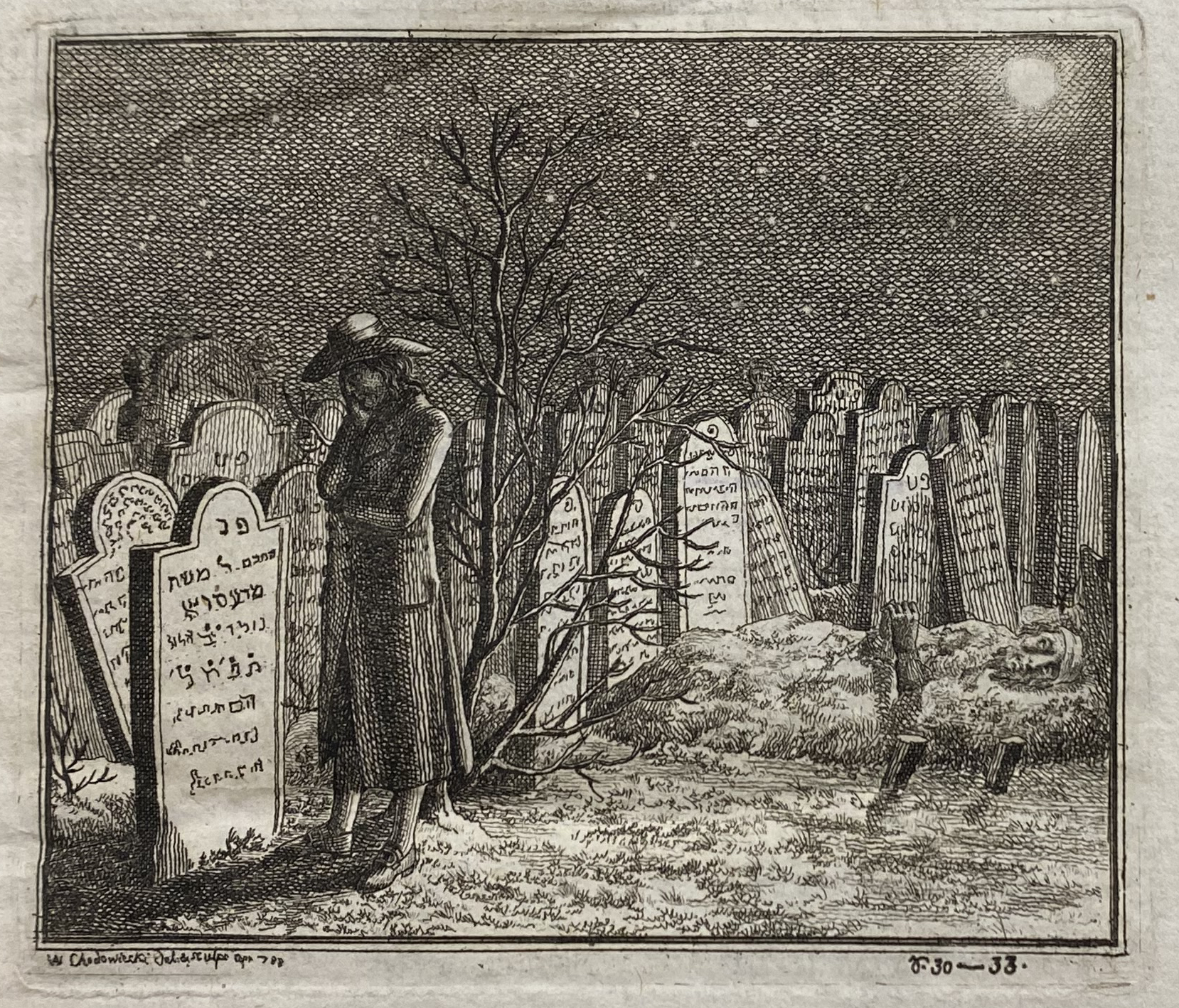- GU Home
- 12th EAJS Congress
- Jewish Books & Jewish collections: Treasures of the University Library Frankfurt
- Haskalah – The Cultural Revolution of the Jewish Enlightenment
Haskalah – The Cultural Revolution of the Jewish Enlightenment
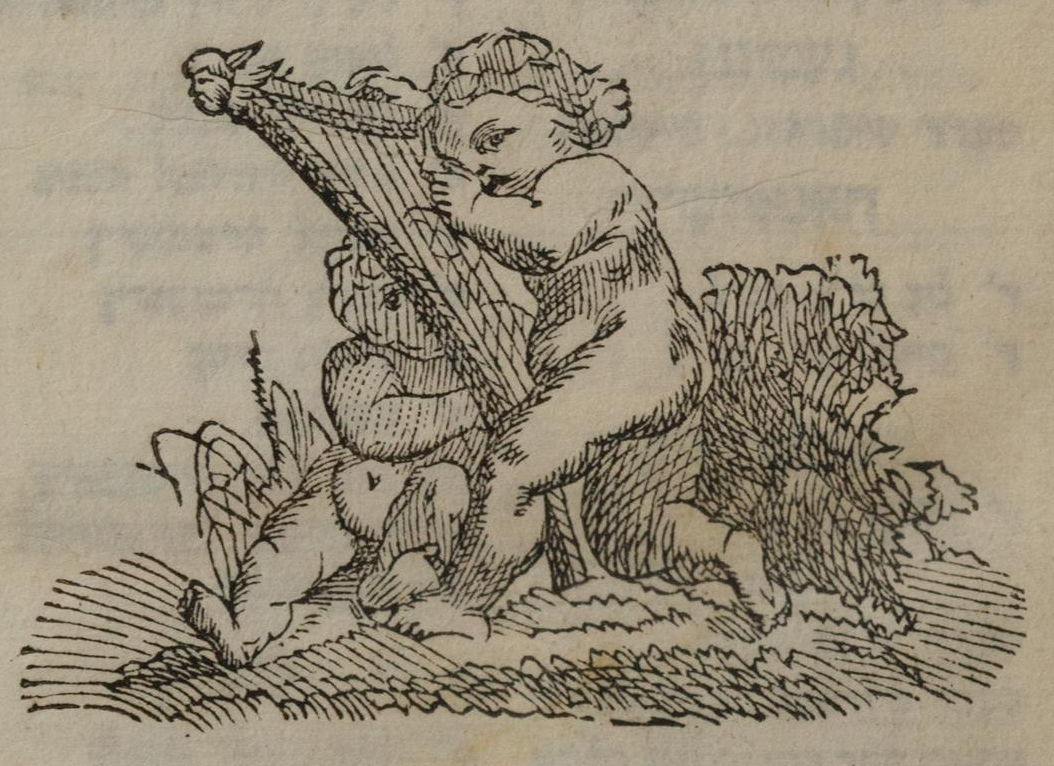
The Jewish Enlightenment movement known as the Haskalah, flourished from the late eighteenth to late nineteenth centuries, initially in Germany and subsequently spreading to Galicia and Russia. Its proponents, the Maskilim, figure prominently in modern Jewish history, sometimes being portrayed as heroes, and at other times as villains or dupes who betrayed the Jewish religion or the Jewish people from their over-eagerness for wanting to embrace assimilation. Despite this spectrum of diversity, the Maskilim shared a common sense of identity and self-consciousness. They were anchored in the existence of a shared literary canon, which began to be formulated in the very first Maskilic locus at Berlin.
The Haskalah had two complementary yet dialectically opposed goals. It sought to preserve the Jews as a separate, unique collective through a set of cultural and moral renewal projects, including a revival of Hebrew for use in secular life. Researchers have noted the increased use of Hebrew in printed documents during the Haskalah era. Concurrently, the Haskalah strove for optimal integration in surrounding societies. Practitioners promoted the study of exogenous culture, style, language, and the adoption of modern values. In its various reforms, the Haskalah fulfilled an important, though limited, part in the modernization of Central and Eastern European Jews. Its activists, the Maskilim, exhorted and implemented communal, educational, and cultural reforms in both the public and the private spheres.
The Hebraica & Judaica collection of the University Library Frankfurt holds key works written by the main proponents of the Haskalah movement in the eighteenth and early nineteenth centuries: From Hebrew grammar books for school children, books on morality and ethics, autobiographies of Maskilim, Bible translations, essays on polemics among Jewish society, political essays, Jewish history books, curricula for modern Jewish schools, and Maskilic periodicals.
This vast and historically significant collection reflects the central direction of the Maskilim and the cultural and educational evolution of Jewish society during this period. The Maskilim were aware of the critical period in Jewish History in which they had an active role while using their status to influence the ideology, the propagation of ideas, and the construction of social networks in the framework of the literary republic of the Haskalah.
The Frankfurt Haskalah collection can enrich any researcher's work on Jewish educational, cultural, and literary movements and presents original insights and undermined conventions and images bequeathed by the past.
Explore publications stemming from the Haskalah movement in the Hebraica & Judaica collection of the University Library Frankfurt and learn more about its diverse and polyphonic cultural and intellectual history in the eighteenth and nineteenth centuries.
Dr. Naama Jager-Fluss is a researcher at Bar-Ilan University and part of the Renewal and Conservatism in an Age of Cultural Transformation: The "Second Chapter" in the History of the Haskalah Movement in Europe, 1797-1823 project lead by Prof. Shmuel Feiner.
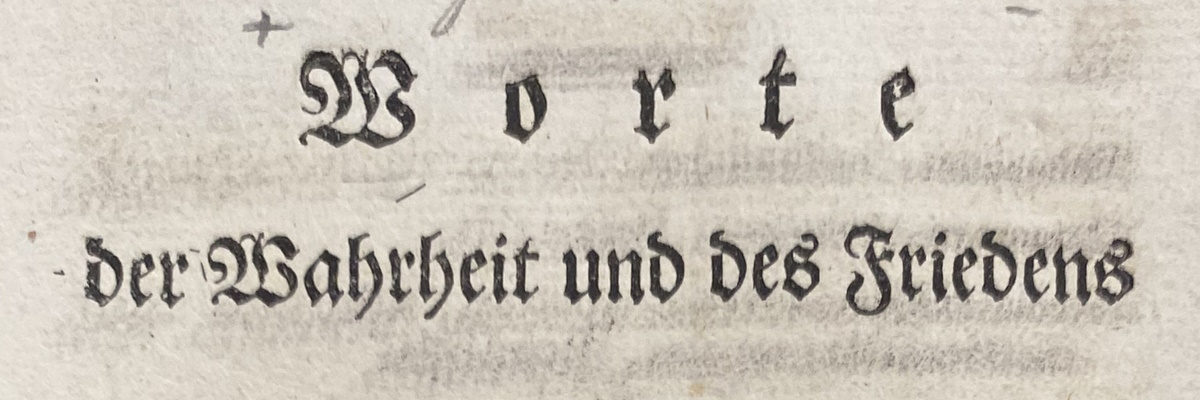 Worte der Wahrheit und des Friedens |
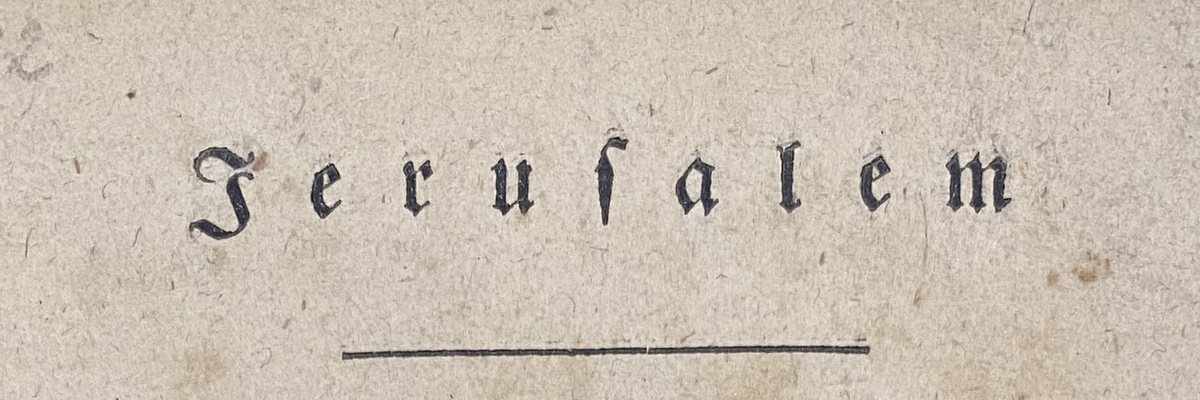 Jerusalem |
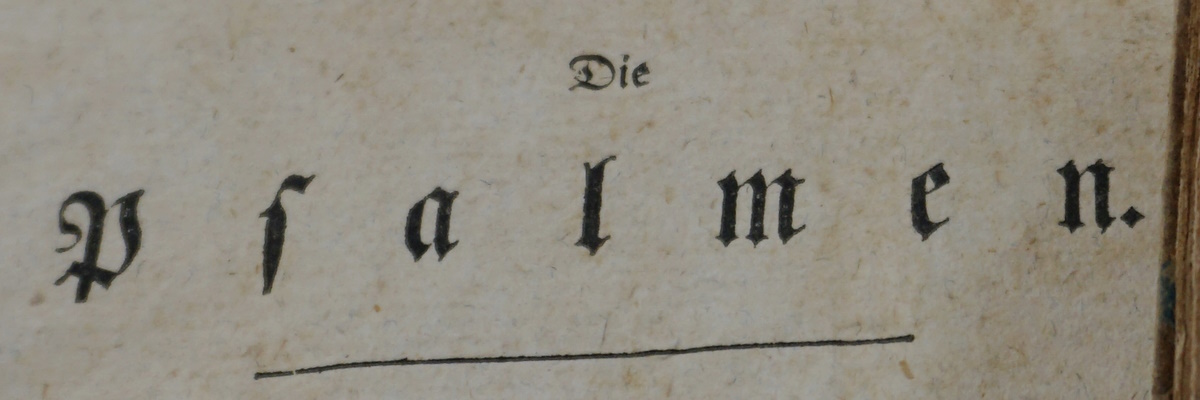 Die Psalmen |
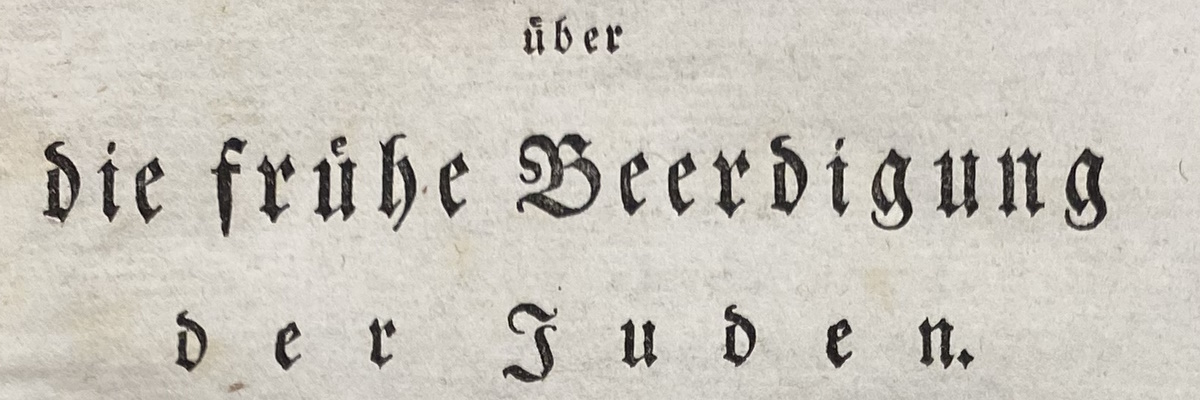 Über die frühe Beerdigung der Juden |
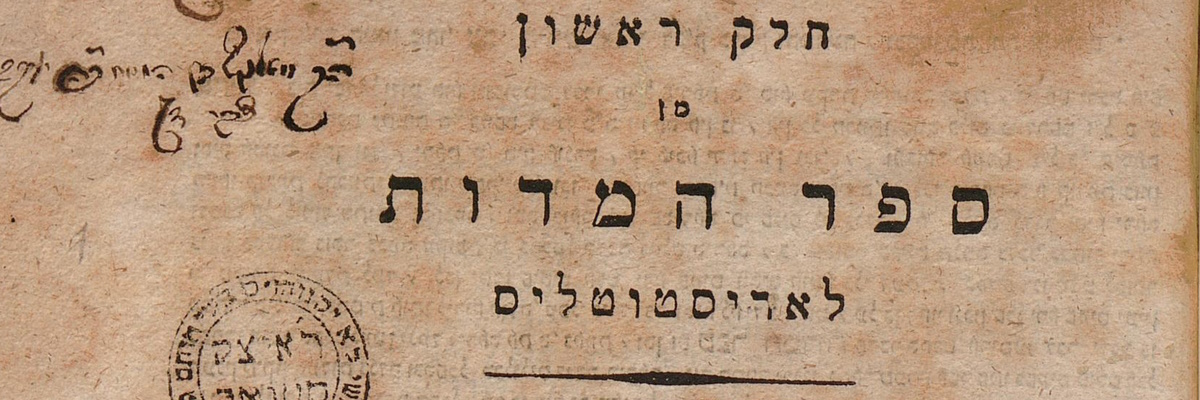 ספר המידות לאריסטוטליס |
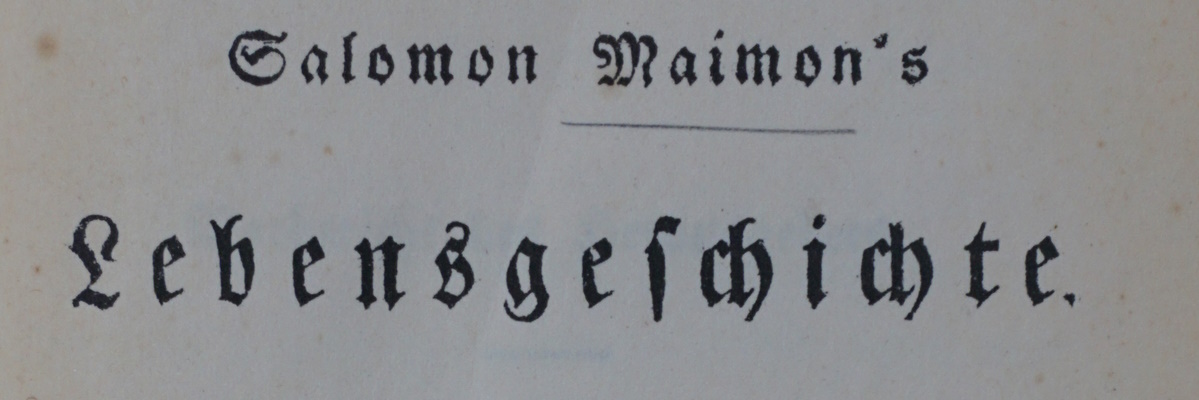 Salomon Maimons Lebensgeschichte |
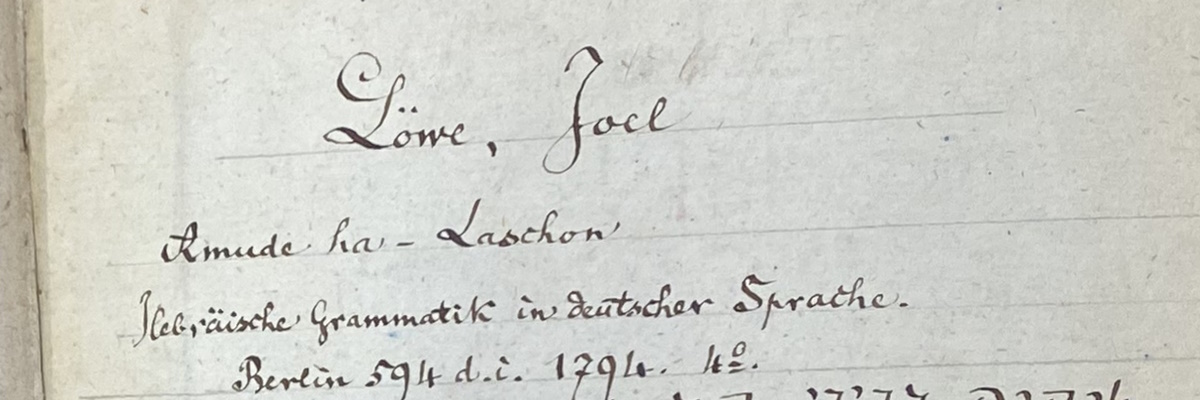 עמודי הלשון |
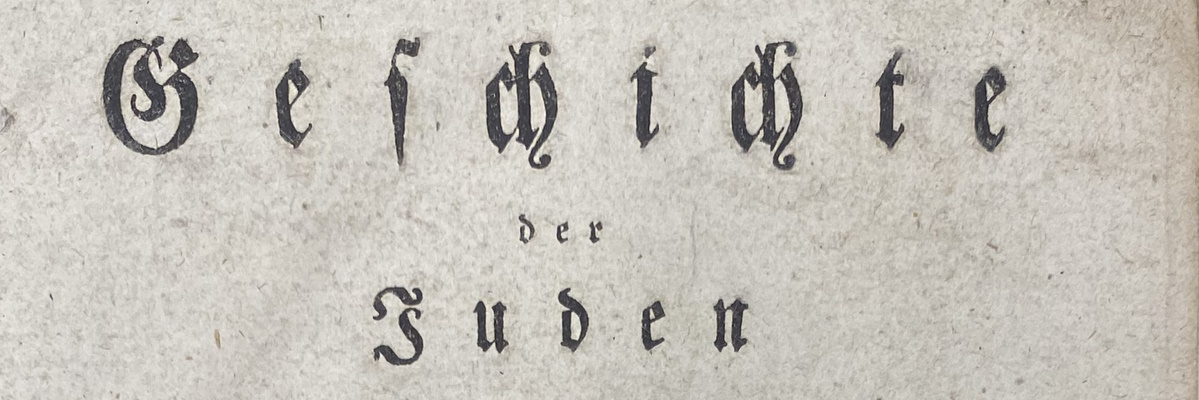 Geschichte der Juden |
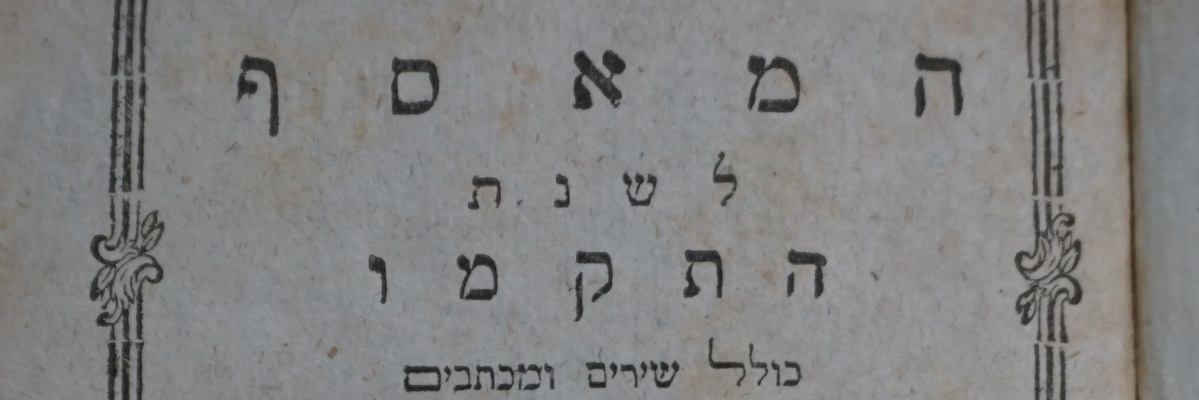 המאסף |
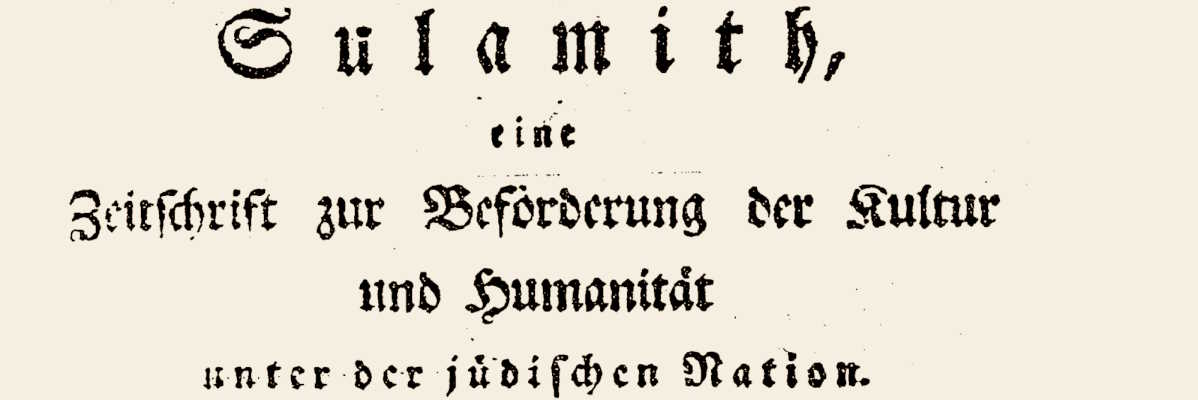 Sulamith |
||
Selected Bibliography
Feiner Shmuel, The Jewish Enlightenment, translated by Chaya Naor, Philadelphia 2004.
–, Moses Mendelssohn: Sage of Modernity, translated by Anthony Berris, New Haven 2010.
Lohman Uta, Chevrat Chinuch Nearim: the Berlin Jüdische Freischule between maskilic aims, state requirements and bourgeois demands, Ramat Gan 2006.
Pelli Moshe, Haskalah and Beyond: The Reception of the Hebrew Enlightenment and the Emergence of Haskalah Judaism, Lanham 2010.
Schulte Christoph, Die jüdische Aufklärung – Philosophie, Religion, Geschichte, Munich 2000.
Sorkin David, The transformation of German Jewry, 1780-1840, New York 1987.
- Aktuelles und Presse
- Pressemitteilungen
- Öffentliche Veranstaltungen
- Uni-Publikationen
- Aktuelles Jahrbuch
- UniReport
- Forschung Frankfurt
- Aktuelle Stellenangebote
- Frankfurter Kinder-Uni
- Internationales
- Outgoings
- Erasmus / LLP
- Goethe Welcome Centre (GWC)
- Refugees / Geflüchtete
- Erasmus +
- Sprachenzentrum oder Fremdsprachen
- Goethe Research Academy for Early Career Researchers
- Forschung
- Research Support
- Forschungsprojekte, Kooperationen, Infrastruktur
- Profilbereich Molecular & Translational Medicine
- Profilbereich Structure & Dynamics of Life
- Profilbereich Space, Time & Matter
- Profilbereich Sustainability & Biodiversity
- Profilbereich Orders & Transformations
- Profilbereich Universality & Diversity
